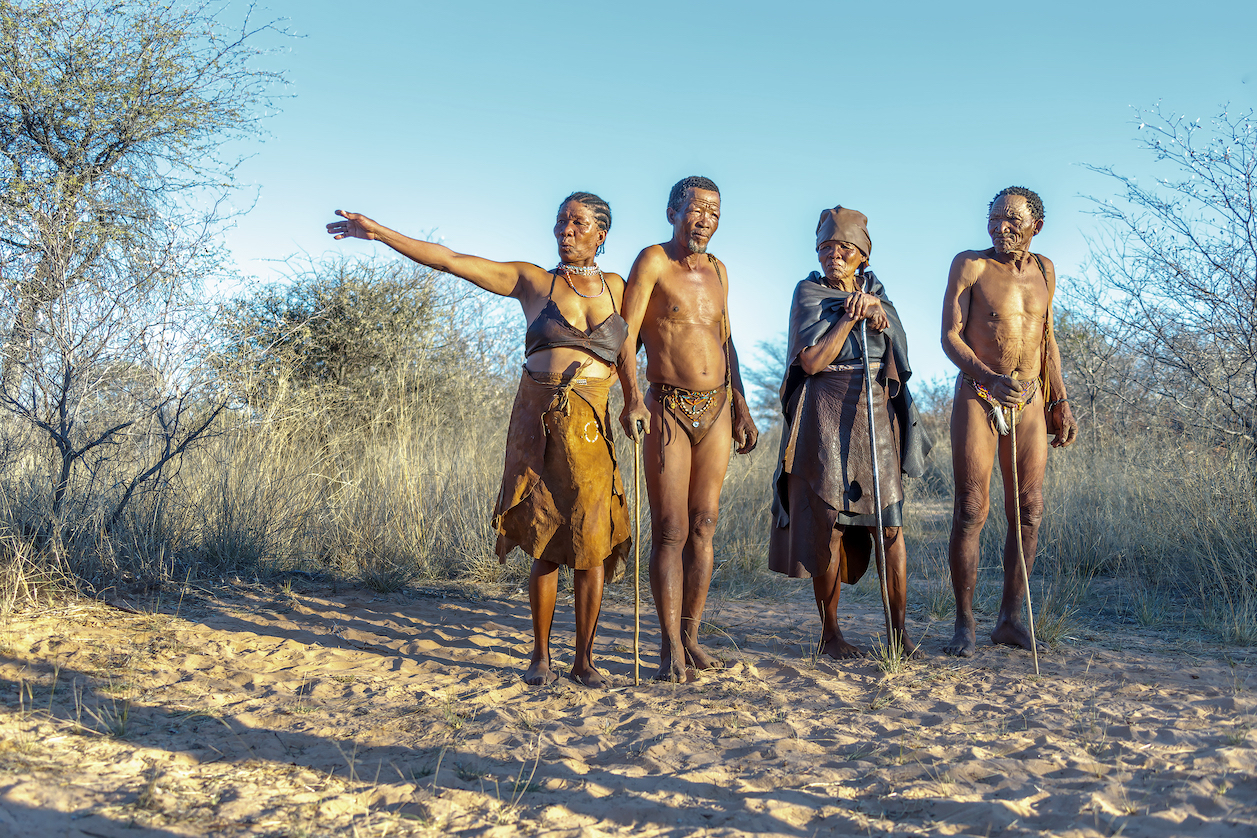
Hunter-gatherers have a superior sense of smell
The hunter-gatherer lifestyle is something that the vast majority of us can’t relate to. For most of us, our hunting and gathering happens in the aisles of grocery stores – or at it’s most adventurous, in an apple orchard. This has led to numerous anatomical and physiological changes over the many generations between us and our early ancestors. But hunter-gatherers do still exist on our planet, and they have some special traits.
A new study reported in Current Biology details how the Jahai people, a group of hunter-gatherers on the Malay Peninsula, are able to name odors as easily as we name colors, and how this relates to their unique lifestyle.
“There has been a long-standing consensus that ‘smell is the mute sense, the one without words,’ and decades of research with English-speaking participants seemed to confirm this,” says Asifa Majid of Radboud University in the Netherlands. “But, the Jahai of the Malay Peninsula are much better at naming odors than their English-speaking peers. This, of course, raises the question of where this difference originates.”
To determine whether it was the Jahai who have this ability to detect odors or whether English speakers are simply incompetent, the researchers analyzed two related, yet previously unstudied, groups of people in the tropical rainforest of the Malay Peninsula. These groups were the hunter-gatherer Semaq Beri and the non-hunter-gatherer Semelai. The Semelai are horticulturists, combining shifting rice cultivation and the collection of forest products for trade.
These other groups live in a similar environment to the Jahai, and speak in closely related languages. But how are they are naming odors?
“If ease of olfactory naming is related to cultural practices, then we would expect the Semaq Beri to behave like the Jahai and name odors as easily as they do colors, whereas the Semelai should pattern differently,” the researchers hypothesized.
They found exactly that. Through testing the color- and odor- naming abilities of 20 Semaq Beri and 21 Semelai people using sixteen odors and twenty color hues, the researchers found that the Semaq Beri and Jahai were extremely similar. However, the Semelai performed just like English speakers, having much more difficulty naming odors.
These findings point towards a downgrading in the importance of smells relative to other senses as a result of cultural adaptation. “Hunter-gatherers’ olfaction is superior, while settled peoples’ olfactory cognition is diminished,” says Majid.
The researchers believe that their results challenge the idea that differences in neuroarchitecture alone are behind differences in olfaction. Instead, cultural variation may play an even more prominent role. The next step for the researchers is to determine whether these groups of people have underlying genetic differences related to sense of smell.
—
By Connor Ertz, Earth.com Staff Writer













